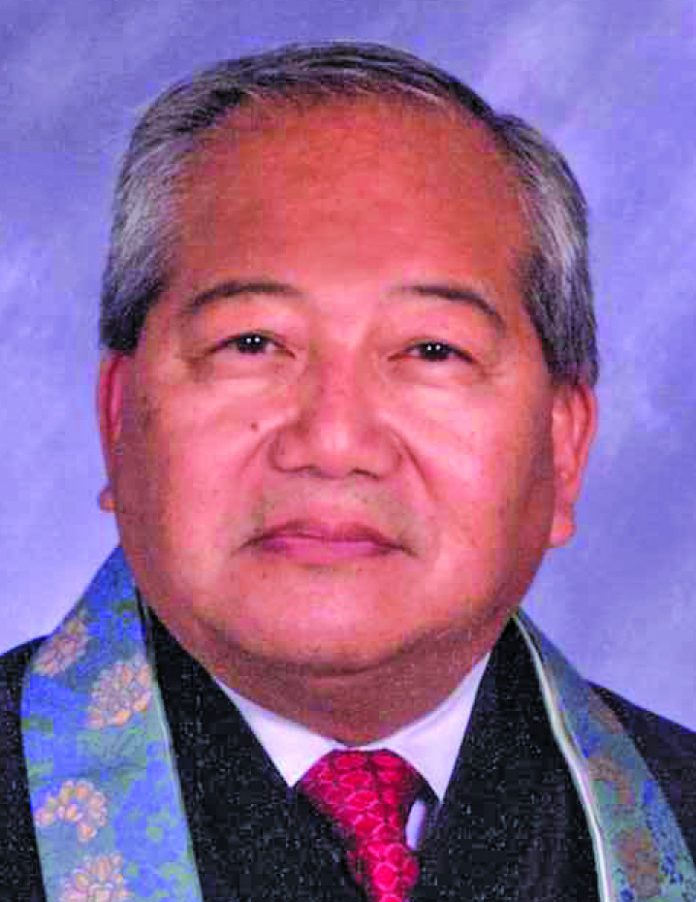MEMO FROM REV. SHINSEKI
“It is wrong to think that misfortunes come from the east or from the west; they originate within one’s own mind. Therefore, it is foolish to guard against misfortunes from the external world and leave the inner mind uncontrolled.”
Teachings of the Buddha
The Buddha consistently advised his followers to behave wisely and virtuously and most importantly to embrace the truth. When he spoke of the truth he was speaking of the truths of life. Life is impermanent, life is interconnected and life consists of a series of causes and conditions. These are indisputable truths in our life. The word “Buddha” means one who has awakened to the truth. Nothing in this world is permanent and lasting. Everything is subject to change. To resist change is to resist life itself. Each and every human being, nature and inanimate objects are connected. Everything that we say, do and think affects others, now and into the future. Every event and experience we encounter has a cause, nothing arises of itself.
When the Buddha encouraged us to embrace these truths, he was showing us that we sometimes do not see the world as it truly is. We see the world the way we want it to be or expect it to be. This is what the Buddha termed the blind foolish self. We make judgments and decisions based on what we think is right without considering the causes and conditions.
The Buddha was encouraging us to look within our hearts and minds and ask ourselves if we are using wisdom and compassion in our deliberations. This can be difficult and make us not want to move or make decisions. The Buddha did not say it is easy, it is difficult to see things clearly without the ego clouding our vision. It takes practice, it takes diligence and discipline. It requires each of us to look deep within ourselves as we move through this world.
We find ourselves in trying times. There is unrest, there is uncertainty and anxiety for all of us. It is said that the Buddha possessed the “Wisdom of Non-Discrimination.” This is expressed as Great Compassion that embraces ALL beings. The Buddha does not reject anyone based on age, gender, class, race or any other basis. Although it is difficult for us as unenlightened beings to manifest this wisdom, this impartiality is ideal in our tradition. Although it is difficult for us as foolish beings to manifest the all-embracing Great Compassion, this kindness and caring is our model to strive for. The Buddha was not saying that we should not fight for change or point to injustices, but to ask ourselves if we are operating with a clear and unselfish mind.
Each moment and experience is an opportunity for us to reflect upon our thoughts, words and actions. As do so, we will ask ourselves where the judgments, prejudices, anger and misunderstanding come from. We will find, as the Buddha said many thousands of years ago, “They originate from one’s own mind.” Each time we reflect upon ourselves we begin to grow and understand the Great Compassion of the Buddha.
It is my wish that all of you are well and staying healthy both in mind and heart.
With my hands together in Gassho.
Rev. Hosei Shinseki leads the Watsonville Buddhist Temple. His opinions are his own and do not necessarily represent those of The Pajaronian.











